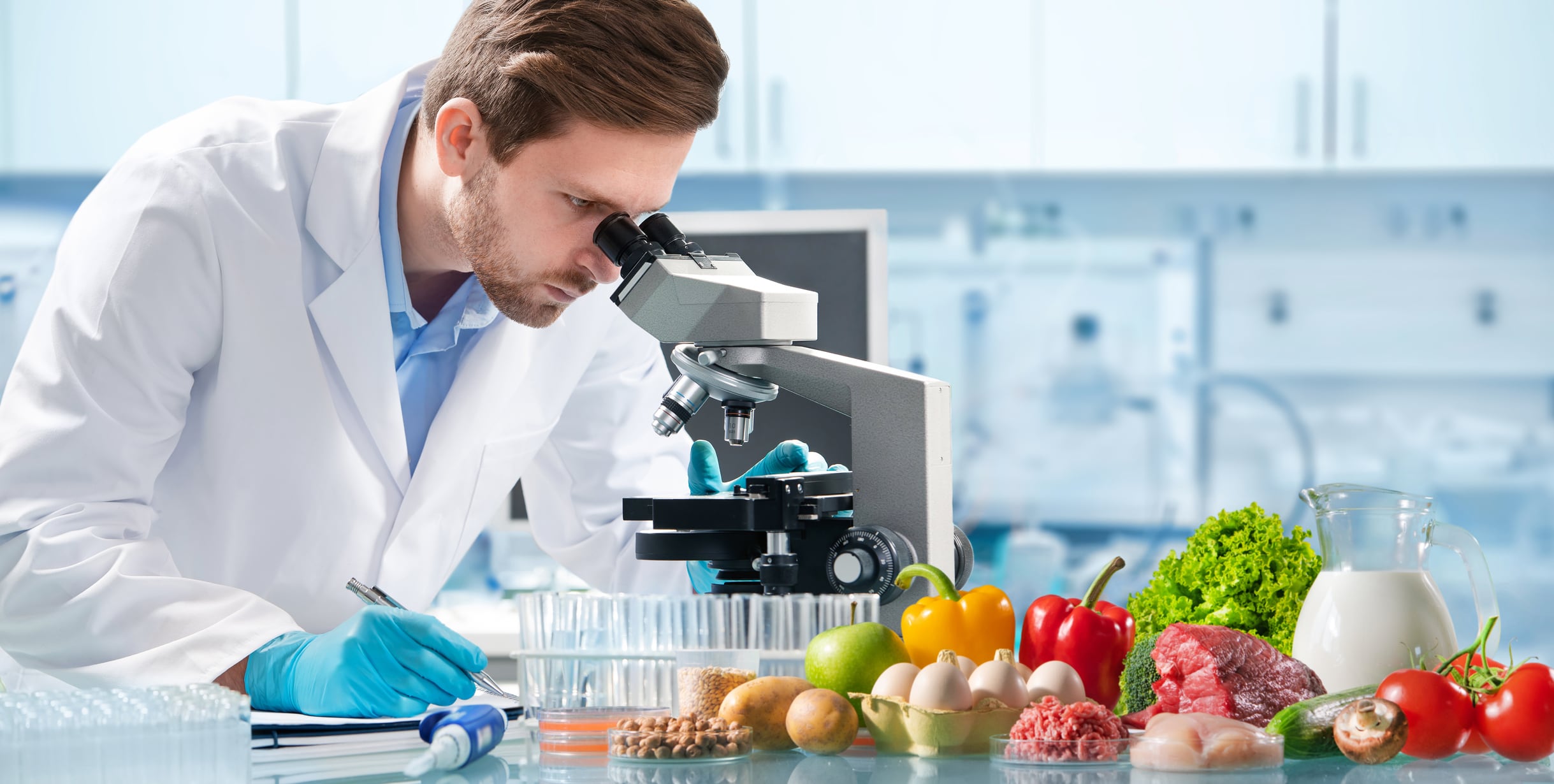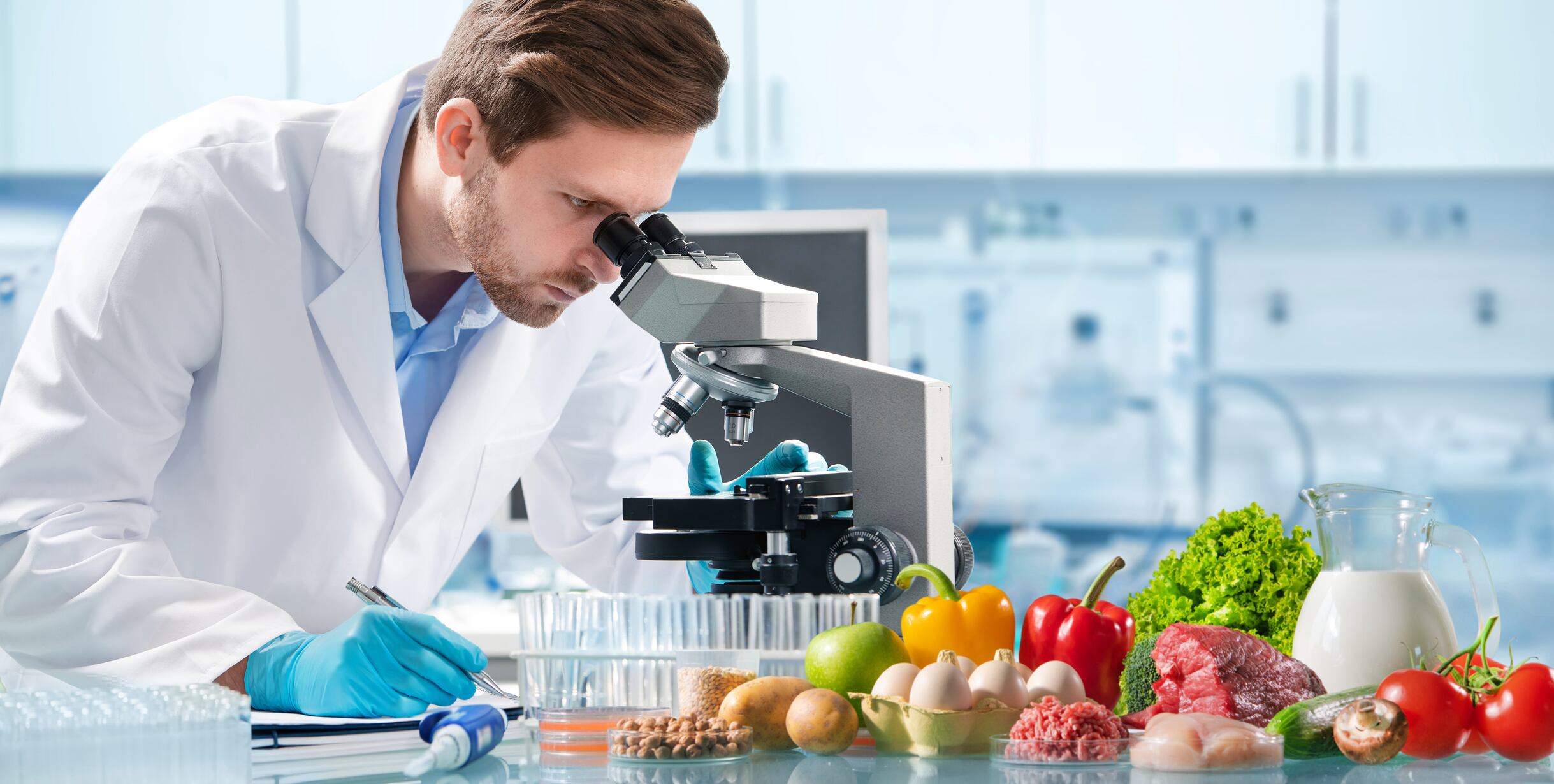Equinom, which makes crops for use in alternative proteins via computerised breeding technology, said the new centre, located at Kibbutz Givat Brenner in the agriculturally rich heart of Israel, provides end-to-end research and development capabilities to accelerate the start-up’s efforts to develop the next generation of non-GMO seeds.
The recently-opened facility is more than three times the size of Equinom’s original facility and contains all of the company’s development disciplines: agronomics, bioinformatics, biochemistry, and food science. The four state-of-the-art laboratories cover most of the company’s R&D units: seed processing, biochemistry lab, food application lab, and a high-tech sensory lab.
In addition, Equinom has opened a new facility in Indianapolis in the US to better serve its clients in North America. The site will store planting seeds of sesame, yellow pea, and soybean.
Itay Dana, Equinom VP of Marketing, told FoodNavigator the Israel expansion would allow the company to keep up with increased demand from the plant-based industry.
“We are expanding our pea and soy lines, bringing varieties with higher protein content,” he said. “Additionally, we are continuing with our second tier product portfolio – chickpea, fava bean, quinoa and mung – currently, the market is not large enough for broad expansion of this crop but we predict demand for these products will grow and we are in preparation for this. We are also expanding our smarter sesame lines as we continue to expand globally and enter new markets.”
One challenge faced by food manufacturers as they attempt to capitalise on growing demand for meat substitutes and plant-based products among consumers is off-notes and poor texture.
To this end, a new sensory lab at the facility includes organoleptic tools to improve the design of tastier food products. One new technology, called the ‘e-nose’, is a device that detects odours and flavours. Gil Shalev, CEO of Equinom, said this expertise would help the company improve its breeding analysis.
“By applying an advanced electronic nose, or ‘e-nose’, Equinom can analyse a limitless varieties of seed for thousands of taste compounds, reducing off flavours,” he explained. “This technology, together with an in-house internal sensory panel, also drives the enhancement of desirable flavors through tracing the genetic background of the 'good' flavours and merging those genetic traits into the breeding algorithms in a way that the resulting taste will be an intrinsic trait in the seed’s breeding programs.
“Introducing the e-nose lets us target desirable traits more accurately and design seeds that produce palate-pleasing products. As a bonus, it also reduces the need for maskers to block unpleasant flavour notes.”
Enabling growth of the alternative protein sector
Dana said the company also hoped to solve the scaleability costs associated with new plant-based products. “Our research has shown that taste, texture and price are the biggest challenges for the plant-based industry,” he told us. “By improving organoleptic qualities and reducing processing costs, we enable to the plant-based sector to grow and for plant-based products to become more readily available.”
A particular problem for food manufacturers in the plant-base protein space are the costs associated with protein isolates, he added. “It is well known that isolates are both expensive and over processed, and this in turn, limits the expansion of the meat alternatives market.
“One of our main goals is to reduce production costs for food manufacturers. We aim to provide value to concentrate and mills (early stage production), which could be relevant for texturized plant protein, whilst also improving taste profiles – this significantly reduces costs and the need for further processing.”
Dana added it was important for the company to connect its breeding and operations team. “Until now, our labs and seed processing facility were completely separate,” he explained. “Housing these departments together under one roof will greatly improve our efficiency and development.”
The addition of a biochemistry lab, meanwhile, allows for full analysis of a seed strain’s nutritional profile (protein, oil/fat, fibers, starch etc.). Dana added the new facility’s food application lab was also crucial for interpreting the needs of the food industry from seed to table and could ‘directly incorporate food engineering inputs into Equinom’s breeding technology’.
“Consumers are now demanding clean-label plant-based products,” he stressed. “By discovering appealing textures starting at a seed level for, as an example, meat analogues, we can dramatically reduce the need for extensive processing. This means food manufacturers are better able to provide consumers products with cleaner and clearer labels.”
He claimed fewer ingredients and the reduced need for flavour enhancers could help manufacturers cut production costs by as much as 40%.





